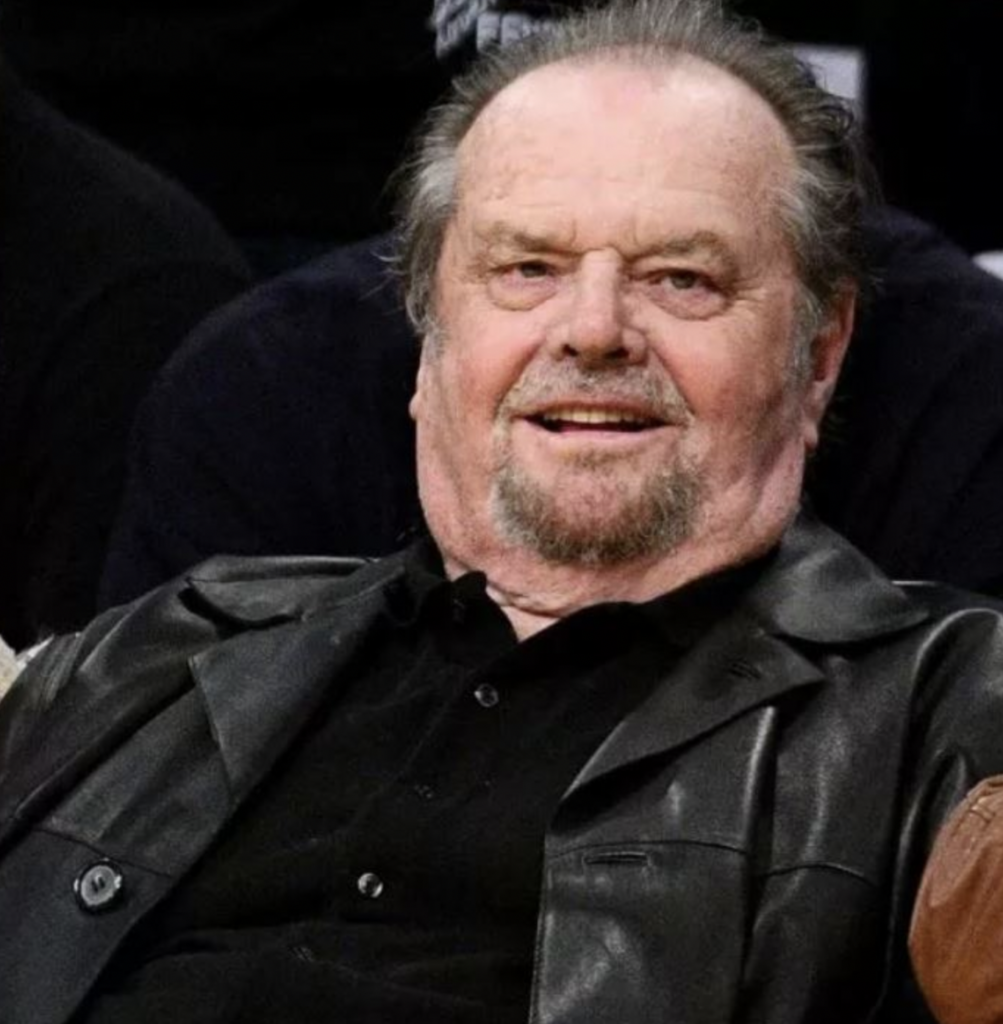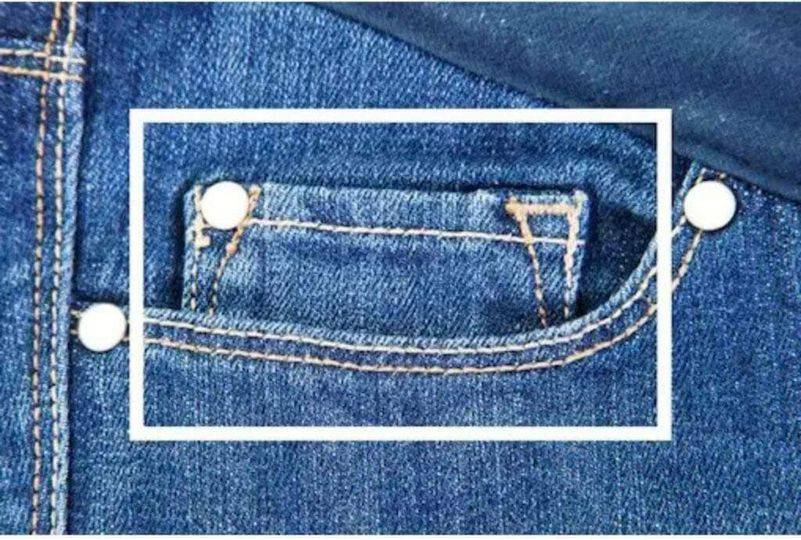Jack Nicholson, an American actor and filmmaker, is known for his iconic roles and a successful career spanning over 50 years. However, in recent years, the star has been less visible to the public, raising concerns about his health.
At the age of 84, Jack Nicholson has seemingly withdrawn from public life, reportedly spending his days in his Los Angeles mansion. Although there is no official confirmation from the star or his representatives, a close friend shared that Jack “doesn’t leave his house anymore” and that his son and daughter have taken on caregiving responsibilities.
It is disheartening to see such a talented actor like Jack Nicholson facing health challenges in what should be his golden years. While he may be physically fine, it is apparent that his mind is deteriorating, which is incredibly sad.
Following the tragic death of basketball player Kobe Bryant, Jack made a rare comment expressing his grief and loss. It seems that he is now focusing on spending time with his family and children, cherishing the moments he has with them after a life lived to the fullest.

As fans wonder about Jack’s current situation, considering his last film appearance was in 2010, it is reasonable to assume that he has retired from the entertainment industry that brought him immense fame and success.
Memory loss and forgetfulness become more common as we age. Bupa explains that normal age-related memory loss does not usually cause significant concerns as long as individuals are given enough time to learn and remember things.
However, memory loss can also be an early symptom of a more serious condition, such as dementia. The Mayo Clinic defines dementia as a group of symptoms that affect memory, thinking, and social abilities to such an extent that they interfere with daily life.

Dementia comes in different forms, with Alzheimer’s disease being the most common. Sadly, individuals with dementia can also experience psychological changes, including depression, anxiety, paranoia, and hallucinations.
In the UK alone, there are currently around 900,000 people living with dementia. Shockingly, this number is projected to rise to 1.6 million by 2040, according to the Alzheimer’s Society.
While the symptoms can be overwhelming, early diagnosis is crucial as it allows for interventions that can slow down the progression of dementia, enabling individuals to maintain their cognitive abilities for longer periods of time.
Studies have shown that delaying the onset of dementia by just five years could cut the number of deaths from the condition in half, potentially saving up to 30,000 lives annually.
Following a dementia diagnosis, it is essential to prioritize your overall well-being. The NHS emphasizes the importance of taking care of your general health, regardless of a dementia diagnosis.
Here are some key steps you can take to protect your mental and physical health:
- Adequate Rest: Ensure you get enough sleep every night to support cognitive function and overall well-being.
- Balanced Diet: Eat a healthy, nutritious diet to provide your brain and body with the necessary nutrients.
- Physical Activity: Engage in regular exercise, as it has been shown to have positive effects on mental health and cognitive function.
- Open Communication: Talk openly with your doctor if you experience any symptoms related to memory loss or cognitive decline.
Remember, taking proactive measures to maintain your mental and physical health can help you lead a fulfilling life, even after a dementia diagnosis.





